Cracking Cold Cases with Investigative Genealogy: Innovation and Collaboration in Forensic Science
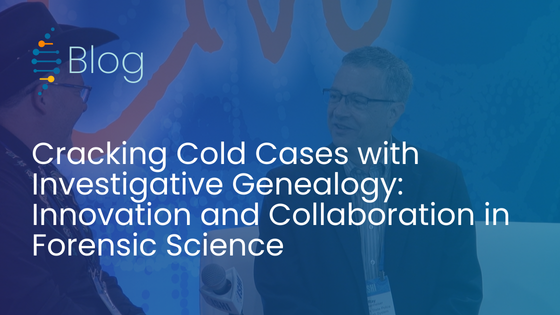
What happens when decades of forensic experience meet a relentless drive to advance the field? At ISHI 35, Ray Wickenheiser, retired Director of the New York State Police Crime Lab, reflects on his continued passion for forensic science and his work in solving cold cases with groundbreaking tools like forensic investigative genetic genealogy (FIGG), which […]
Solving a 50-Year Cold Case with Forensic Investigative Genetic Genealogy and Innovation
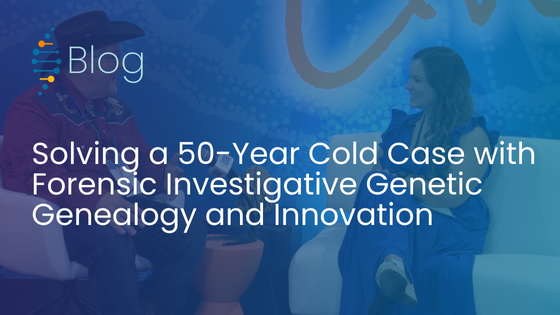
How do you bring justice to a case that has gone unsolved for nearly 50 years? At ISHI 35, Cristina Servidio from DNA Labs International shared the remarkable story of how forensic investigative genetic genealogy helped identify the Indianapolis Slasher after decades of mystery. In this fascinating interview, Cristina discusses:🔬 How her team used advanced […]
Ethics and Justice: Christi Guerrini on Forensic Investigative Genetic Genealogy’s Expanding Role
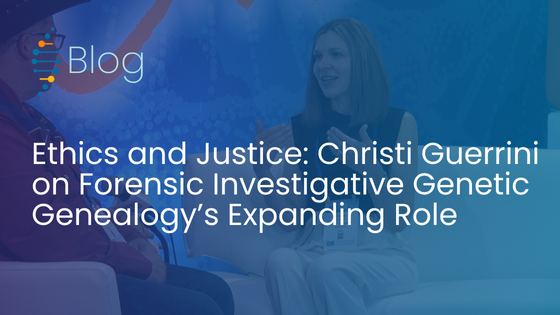
What are the ethical, legal, and social implications of using forensic investigative genetic genealogy (FIGG) in forensic science? At #ISHI35, Dr. Christi Guerrini, Associate Professor at Baylor College of Medicine, shared her insights on this transformative technique and its potential for justice and exoneration. In this fascinating interview, Dr. Guerrini discusses: 🔬 The ethical considerations […]
Uncovering History and Identity: Turi King on DNA, Mysteries, and Forensic Science
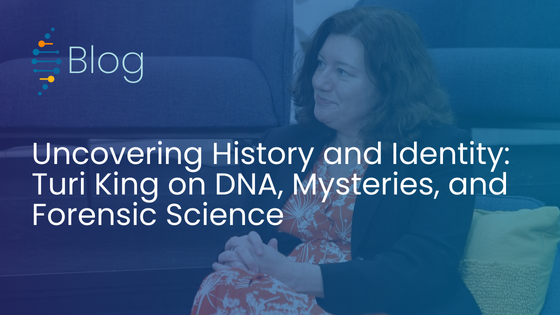
How can DNA reveal family secrets, solve historical mysteries, and change lives? At #ISHI35, Dr. Turi King, renowned geneticist and Director of the Milner Centre for Evolution, shares her extraordinary journey—from identifying King Richard III to hosting the BBC series DNA Family Secrets. In this interview, she reflects on: 🧬 Using genetics to answer questions […]
Investigative Genetic Genealogy (IGG) in Practice: Insights from the Trenches
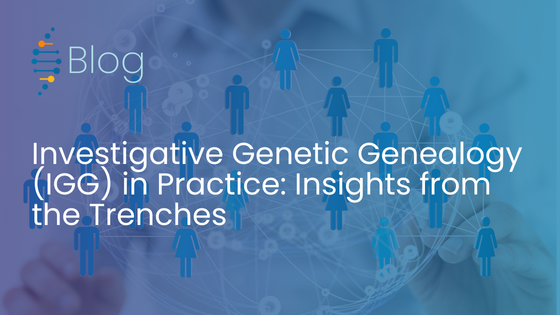
This article was generated with the assistance of artificial intelligence. However, all content has been thoroughly reviewed and curated by a human editor before posting to guarantee accuracy, relevance, and quality. Investigative genetic genealogy (IGG) has become one of the most groundbreaking tools in modern forensic science, helping to solve cases that had gone cold […]
From Nameless to Known: How DNA Doe Project Brings Justice to the Forgotten
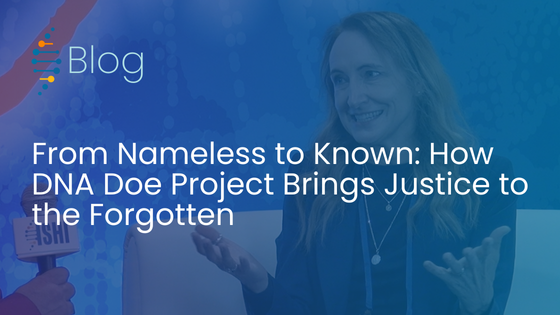
Imagine working for years to provide answers to just one family. At ISHI 35, we sat down with Jennifer Randolph, Executive Director of Case Management at DNA Doe Project, to discuss how this nonprofit is transforming forensic genealogy and giving names back to the unknown. With over 100 dedicated volunteer genealogists, DNA Doe Project has […]
The Identification of Suspected Vampire “JB55”

Travis chats with Ellen Greytak, the director of Bioinformatics, of Parabon NanonLabs who describes the identification of “JB55” who had died in the 1800’s. Unlike other burials of that time in the area, his skull and femurs were neatly arranged in the shape of a skull and crossbones, leading archaeologists to conclude that the man […]
Accreditation in FIGG: Ensuring Integrity and Trust in Forensic Investigations
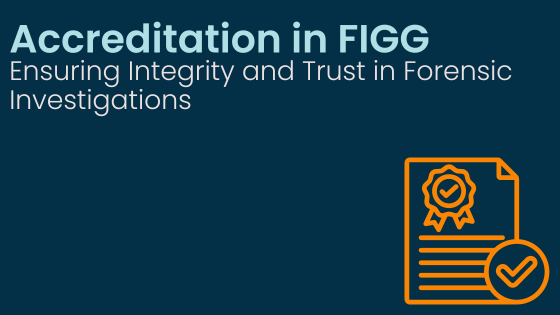
Interviews written and collated by Rachel Oefelein, Chief Scientific Officer at DNA Labs International, Michael Coble, Executive Director, Center for Human Identification, UNTHSC, and Erin Sweeney, VP of Forensic Operations, Bode Technology Reposted from the ISHI Report with permission. Since Forensic Investigative Genetic Genealogy (FIGG) was first introduced to the general public in 2018, accredited […]
Comparative Evaluation of Genotyping Technologies for FIGG in Sexual Assault Casework
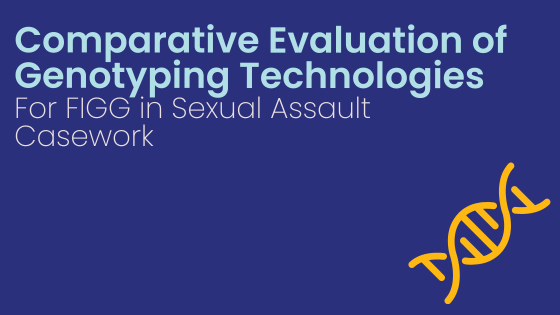
Today’s sponsored guest blog is written by Bode Technology. What is FIGG? Forensic Investigative Genetic Genealogy (FIGG) pairs advanced genotyping technologies with traditional genealogical research to provide investigative leads for unknown DNA evidence when CODIS searching is unproductive. It gained worldwide attention as an investigative tool after the 2018 arrest of the suspected Golden State […]
